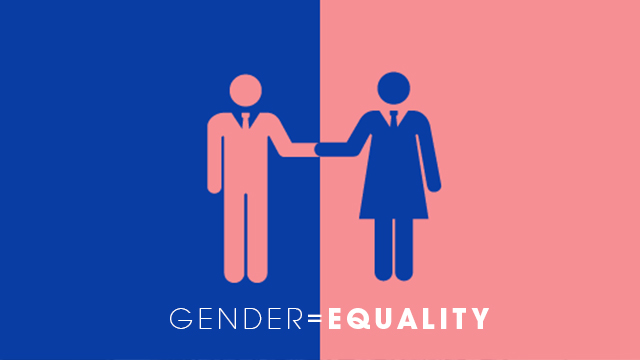Gender equality is not only a fundamental human right but a necessary foundation for a peaceful, prosperous and sustainable future. Worldwide, patriarchal gender norms and discrimination drive violence against women and girls.
Our vision is for a world where all girls and boys are equally heard and valued, where they have equitable access and time to devote to education, to work, to rest and to play. This is a world built on transformative change – to the dismantling of patriarchal, discriminatory gender norms and the inequalities they sustain. These norms affect both boys and girls but have a disproportionate impact on girls, preventing them from claiming their rights, exposing them to harmful practices, driving rights abuses in their homes, relationships and communities, and through embedded structural inequalities that shape their lives from childhood through adulthood. Some girls face even greater challenges due to multiple and intersecting forms of deprivation and marginalization based on poverty and characteristics such as ethnicity, displacement and location. The world we want is a world in which no girl faces gender-based discrimination, suffers violence or marries before her 18th birthday, and every last girl fully enjoys her right to be protected from harm, to learn, survive and thrive. Her world is one in which her aspirations know no limits and she is free to fulfil her potential, to have equal opportunities, to decide her own future and empower those around her.

Google photo
When girls are educated, empowered, healthy and free from violence and discrimination, their communities are more prosperous and stable. Investing in gender equality is not just the right thing to do – it’s the smart thing to do. But girls around the world still face lifelong gender-based inequalities that begin in childhood:
Sexual and Gender-Based Violence:
Around 120 million females (almost 1 in 10) have been subjected to forced sex or other forms of forced sexual activity.[1]
Girls represent nearly three out of every four child trafficking victims, with the majority trafficked for the purposes of sexual exploitation. [2]
By 2030, over 150 million more girls will marry before they are 18 - despite global progress. Today, the poorest girls are 4 times more likely to marry in childhood than the richest. [3]
Health
Complications during pregnancy and childbirth are the number one cause of death of girls aged 15-19 worldwide. And 90% of births to girls aged 15-19 occur within marriage. [4]
Around three-fifths of all maternal deaths take place in humanitarian and fragile contexts. [5]
Every day, 507 women and adolescent girls die from pregnancy and childbirth complications in emergency settings. [6]
Malnutrition poses a variety of threats to women and girls specifically, including weakening their immune systems making them more susceptible to infections and impacting their capacity to survive childbirth. Children born of malnourished women and girls are more likely to have cognitive impairments and a higher risk of disease throughout their lives. [7] Adolescent girls are particularly vulnerable to malnutrition because of the increased rate at which they are growing and their bodies are changing. Adolescent girls need protein, iron, and other micronutrients to support this growth spurt and increased iron during menstruation.
Education:
130 million girls between the age of 6 and 17 are out of school. [8]
Girls are more likely than boys are to never set foot in a classroom. [9]
Girls living in countries affected by conflict are 2.5 times more likely to be out of school than boys are. And adolescent girls affected by conflict are 90% more likely to be out of school than girls living outside of conflict-affected contexts. [10]
Time deficit:
Girls account for two-thirds of all children who perform household chores for at least 21 hours per week. And girls are more likely than boys to perform double work duty- meaning both works in employment and in household chores. Research suggests chores that take up at least 21 hours or more a week negatively impact the ability of children to attend and benefit from school. [11]
11 comments
Subscribe to:
Comments (Atom)
Pin this post:
If you found this post enjoyable, kindly consider pinning it. Thank you, and may God bless you.

